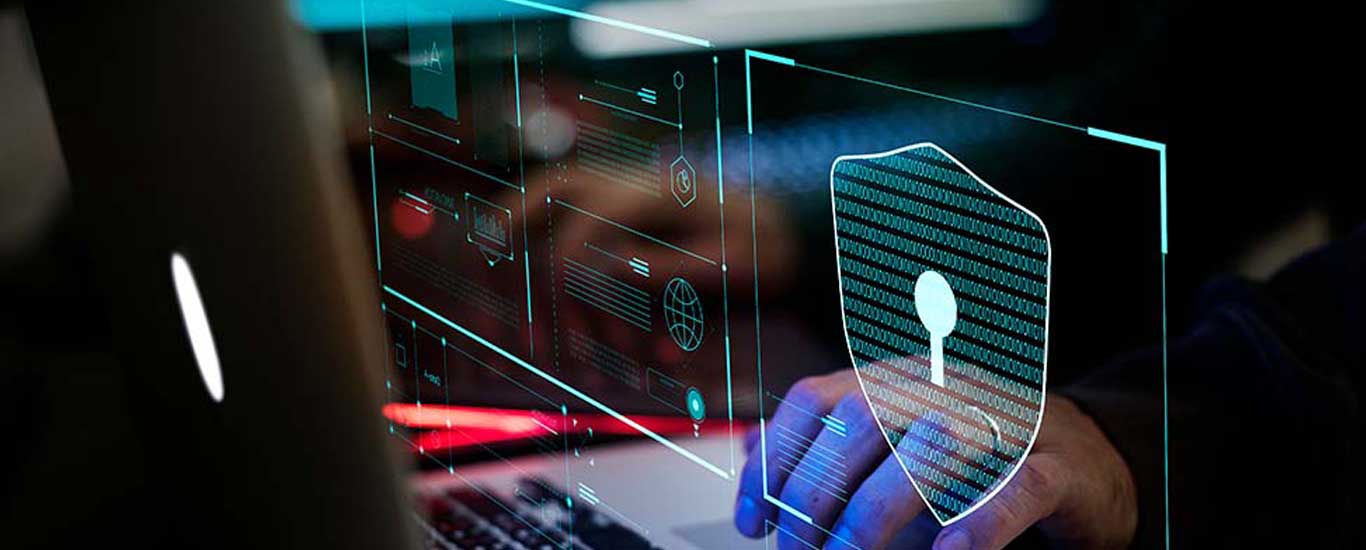Abstract
Digital forensics, also known as computer or mobile forensics, is a fascinating field that delves into the intricate world of electronic devices and networks. This branch of forensic science involves the recovery, investigation, examination, and analysis of material found in digital devices, often in relation to mobile devices and computer crime. This white paper explores the history, types, and use cases of digital forensics.
Introduction
As our lives become increasingly intertwined with technology, the need to investigate digital evidence has grown exponentially. Whether it’s a criminal case, civil litigation, or corporate investigation, digital forensics plays a crucial role in uncovering hidden truths. Let’s dive into the details.
What Is Digital Forensics?
Digital forensics encompasses a wide range of activities related to electronic data. Here are the key aspects:
- Recovery: The process of retrieving data from digital devices, including computers, hard drives, mobile phones, and other storage media.
- Investigation: Examining the recovered data to understand its context, origin, and relevance to a case.
- Examination: Scrutinizing digital artifacts, such as files, emails, logs, and metadata, to extract meaningful information.
- Analysis: Applying scientific and investigative techniques to interpret the data. This analysis can be used in criminal cases, legal proceedings, or internal corporate investigations.
Types of Digital Forensics
- Computer Forensics: Focused on analyzing data from computers, laptops, servers, and other computing devices. Investigators dig deep into operating systems, file systems, and application data to uncover evidence.
- Network Forensics: Investigates network traffic, logs, and communication patterns. It helps identify security breaches, unauthorized access, and cyberattacks.
- Forensic Data Analysis: Involves processing and correlating large volumes of data. Analysts look for patterns, anomalies, and connections that can reveal critical information.
- Mobile Device Forensics: Deals with smartphones, tablets, and other mobile devices. Recovering deleted messages, call logs, and app data is essential in this area.
Use Cases
Digital forensics has diverse applications:
- Criminal Investigations: Supporting or refuting hypotheses in criminal cases. From murder investigations to financial fraud, digital evidence plays a pivotal role.
- Civil Litigation: Protecting individual rights and property. Electronic discovery (eDiscovery) is crucial in contractual disputes and family-related cases.
- Corporate Investigations: Uncovering internal fraud, intellectual property theft, or unauthorized network intrusions. Companies rely on digital forensics to maintain security and integrity.
Conclusion
Digital forensics is a dynamic field that continues to evolve alongside technology. As our digital footprint grows, so does the importance of skilled investigators who can navigate this complex landscape. Whether it’s analyzing a suspect’s hard drive or tracing the origins of a leaked document, digital forensics professionals are the modern-day detectives of the digital age.







